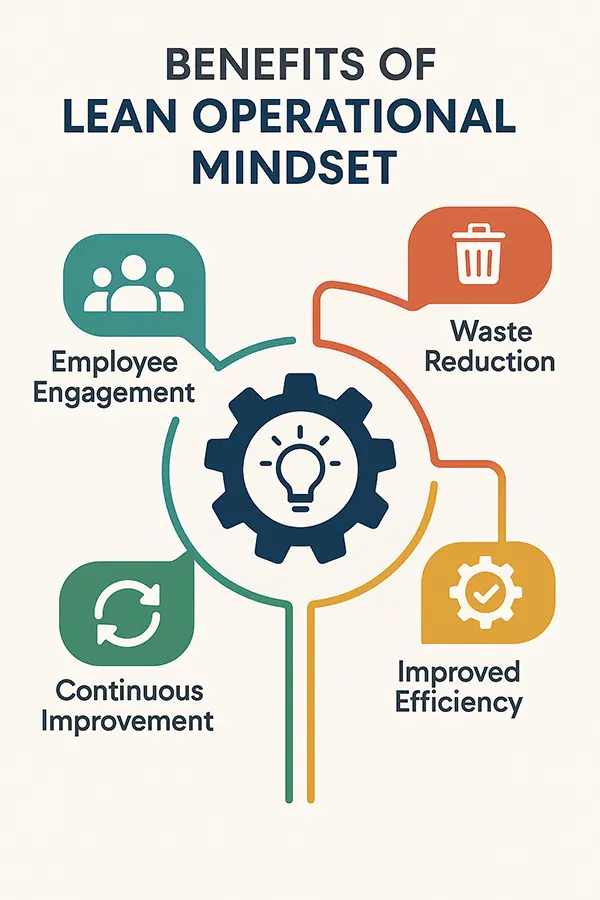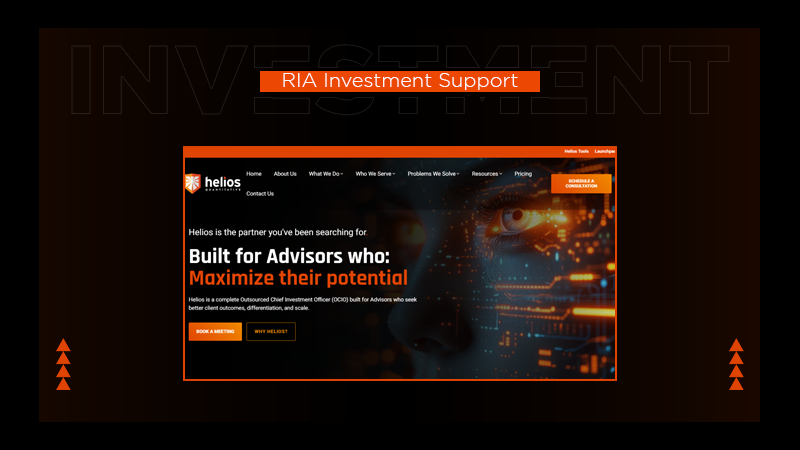You should possess good negotiation skills, the internal process should be improved, and you should adopt cost-efficient technologies.
KEY TAKEAWAYS
- Audit helps identify key areas of improvement.
- Automation and digital increase workflow and streamline tasks.
- Negotiation skills can help land beneficial deals.
- Outsourcing non-core activities turns fixed costs into variable costs.
Opening or running a business is not for a faint-hearted individual. It requires time, effort, resources, strategies, and whatnot. It’s no wonder that nearly 40% of businesses fail during the first year and 65.8 % within 10 years.
Managing expenses and allocating resources is a big task, and failing to manage them can lead to a lot of trouble. Expenses can rise at any moment if you are not doing things strategically. So, what can you do to keep it in line?
In this article, I’ll mention how to reduce your business expenses strategically. You’ll be finding the best options that you can try to keep the overall cost under control. Let’s get started.
Audit and Analyze Your Current Spending
Any business that wants to reduce expenses, regardless of its size, should conduct an audit and analysis. Not only does it help keep track of the finances, but it also optimizes financial performance.
You can pinpoint the areas where resources are not being used effectively and are increasing expenses. Further data analysis can contribute to identifying wasteful patterns and curating strategies that can overcome them.
Auditing is also known for streamlining and eliminating inefficiencies, as it can pinpoint redundant tasks and steps in workflows.
Embrace Automation and Digital Tools
Technology has reached heights that we never even imagined, and it’s time to embrace it. Automation and digital tools are known for reducing business expenses. They streamline tasks, minimize manual errors, and reduce labor costs.
All these things help you save money, and with automation, any business can maintain proper workflow even with fewer employees, and the outcome will still be flawless. Resources would be put where they are needed, and the overall efficiency would increase.
Digital tools provide insights into resource utilization, demand forecasting, and inventory management. They can also be used to make strategies that are data-driven and focus on future market shifts. This way, you’ll be prepared in advance and can dodge unforeseen costs.
Even product-based businesses, such as those dealing in mossinite jewelry, can keep a check on their inventory and other operations with digital tools.
Negotiate Better Deals with Vendors
You have to have good negotiation skills so you can pull off great deals with your vendors. Start by preparing in advance a crafting an undeniable offer backed up by two more. These offers will be in your favor but would satisfy the vendor as well.
Communicate it properly, so the vendor can see where you are coming from and what your intentions are. Also, focus on building a long-term relationship, as it is going to be very helpful in the long run.
If you managed to pull off a good deal, you’ll already be saving a lot on raw materials or other such costs. It’s a good thing as you’ll have extra cash that could either be saved or used for something else.
PRO TIP : Bundle purchases quarterly to leverage bulk discounts and streamline vendor interactions!
Outsource Non-Core Activities
Outsourcing non-core activities can easily convert fixed costs into variable costs. It is a strategic approach that enables businesses to pay attention to other core issues, boost efficiency, and potentially reduce costs.
With outsourcing, companies can also save expenses related to hiring, training, and managing full-time employees. Outsourcing opens the door for specialized services related to IT, customer support, accounting, and more.
With this, you are sidestepping all those problems that don’t matter and freeing up more space for things that require more attention. Resources can be distributed accordingly. Since the attention is on things that matter, there’s a high chance of experiencing a rise in revenue as well.
Adopt a Lean Operational Mindset
An operational approach in the lean method reduces costs through waste from the operation, process optimizations, and focusing on activities that add value. The methodology instills continuous improvement of teams, discovering inefficiencies by making work processes more effective.
It removes unnecessary steps, overproduction, and inventory that uses up resources; therefore, it reduces resource usage and expenses involved in operating a business.
Time and labor are used efficiently toward acts contributing to customer value, as well as better inventory controls and lower overheads.
The agile approach makes the firm productive at managing costs and ensures financial sustainability in the long term. Below, you can see the benefits of adopting a lean operational mindset.

Final Words
Reducing business expenses is not that hard if you do things strategically. You have to be smart and look for options that can serve multiple purposes. Audits will help keep things in check, so make sure to host them every few months.
Negotiation is key to landing a great deal. Always stay prepared and be confident in yourself. Embrace the technology to get better results and always go for data-driven strategies.
Never be hesitant to take a professional approach and reach out to those who have experience in certain fields. They can give some great advice and insights that can be proven to be very helpful in the future.





